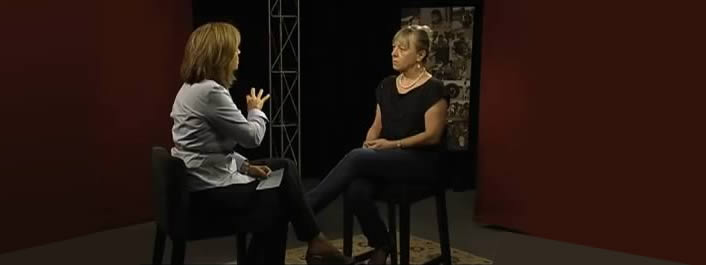Considered an international expert in issues of activism, Williams says, “I am a grass roots activist and an international social worker.” She arrived at this realization shortly after being asked by Dean Ira Colby to join the faculty at the Graduate College of Social Work in 2003.
One of only 15 women awarded the Nobel Peace Prize; she received the award in 1997 along with the International Campaign to Ban Landmines for her work galvanizing international organizations to ban the instrument of war.
As a Nobel Laureate, Williams could have joined the faculty at countless institutions in a variety of disciplines. However, Williams says GCSW Dean Ira Colby convinced her that she could add value to the education of social work students.
“I liked his (Dean Ira Colby’s) vision about the school. Social workers tend to work with clients at the community level and he wanted students to start thinking at the global level. In Houston clients can be from anywhere and he wanted social work students to understand where a person is coming from in all senses of the word,” Williams said.
Colby believes it is important for students entering the field to gain a deeper understanding of social and policy issues at a global level. “Jody is a great example of the impact an individual can make when they dedicate themselves to work for change,” Colby said.
Williams relates her work to the primary mission of the profession listed in the Social Worker’s Code of Ethics as “to enhance human wellbeing and help meet the basic human needs of all people..” Williams likens this to the issue of human security.
“That’s what I call human security as opposed to national security. I am a proponent of trying to get people to understand that human security should have precedence over national security. And human security means freedom from want and freedom from fear which is arrived at by meeting the basic needs of people.”
In 2006, Williams joined with five other female Nobel Laureates to form the Nobel Women’s Initiative http://nobelwomensinitiative.org/. Representing five continents, the women use their combined experiences and influence in a united effort for peace.
Their current campaign aims to stop rape and gender violence in conflict. The group plans to put pressure on the international community to implement UN resolutions to address what has become a serious consequence of conflict around the world.
“I have an unswerving belief that everyone can make a difference in the world. Ordinary people can accomplish extraordinary things when they work together.”
It’s a lesson Williams imparts to students at the GCSW including Melanie Pang, one of about 30 students in the popular Social Justice course Williams teaches each fall.
“Jody Williams is one of the most authentic professors I've ever had. She takes an honest and realistic approach to teaching-- one that proudly states you needn't be a saint to want to do good for the world, that you don't have to fully quell your anger to be an effective advocate for social justice. She has also firmly instilled in me the idea that having opinions is crucial, but to take action-- make plans and follow through-- that's what truly makes a difference,” Pang said.
On a recent visit to the campus (she also uses Skype to teach the course from her home in Vermont), Williams’ class was part small group sessions where students discussed ideas the projects they would work on throughout the semester and part discussion. Williams quizzed the group about their ideas on peace and justice and recorded the answers on a blackboard.
Towards the end of class, lectured a bit in the traditional sense. She told the class of the importance of getting people to reclaim what peace is. “It’s not just the absence of armed conflict. That’s the baseline,” Williams said.
telling students,“working for peace is not exactly a glorified profession.” And later, “Working for peace every day is hard work.”




